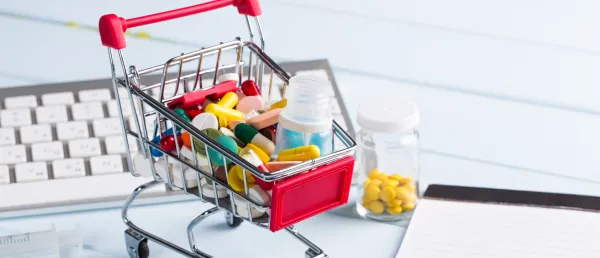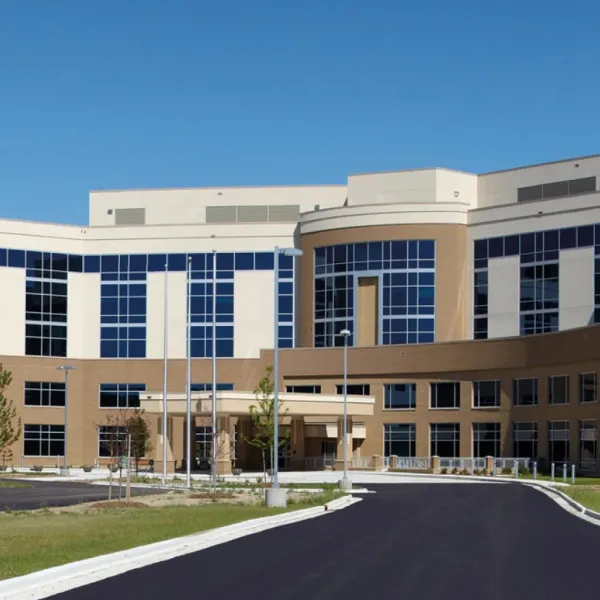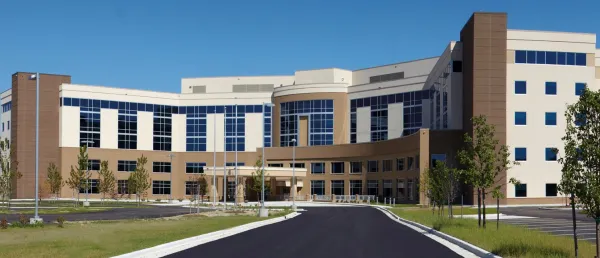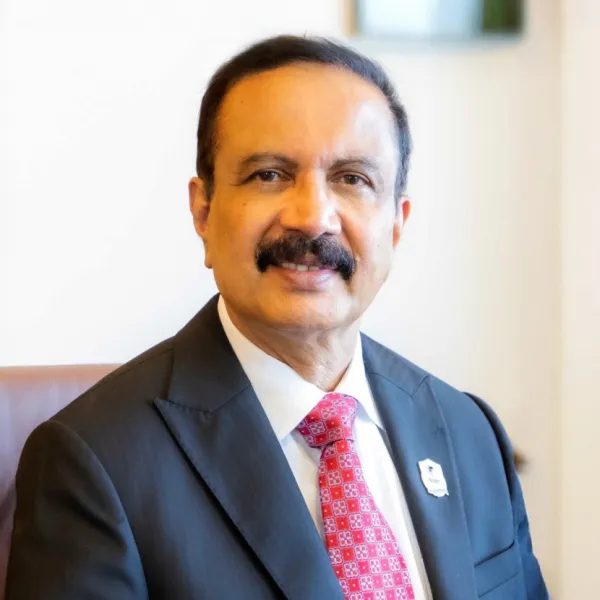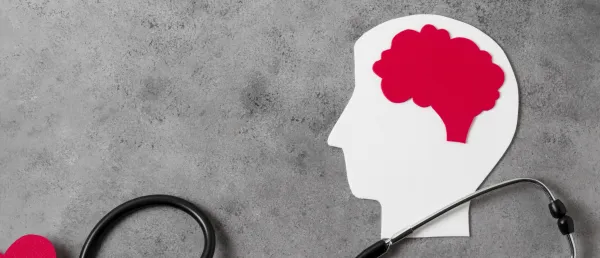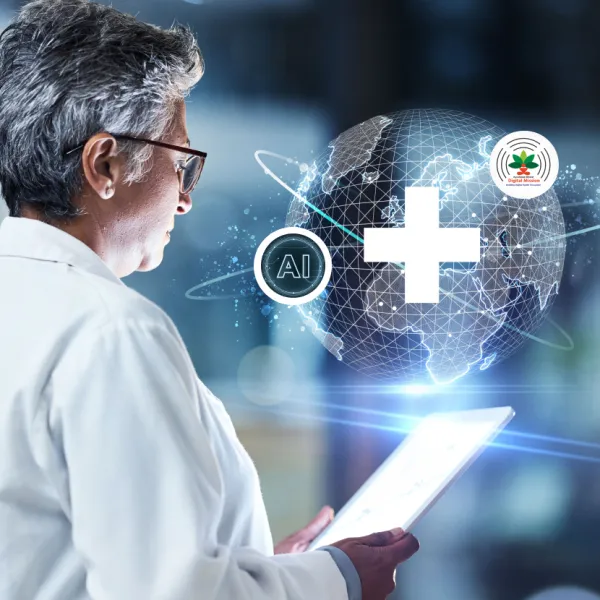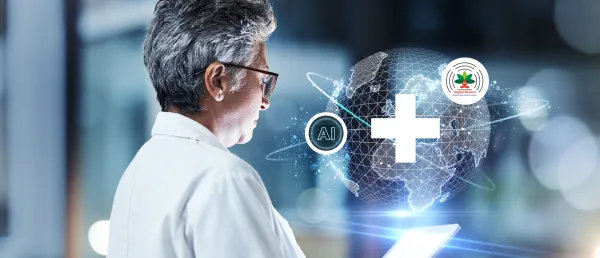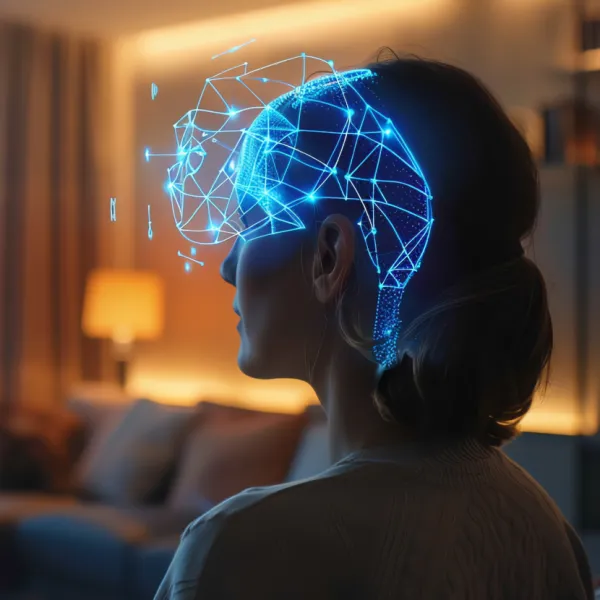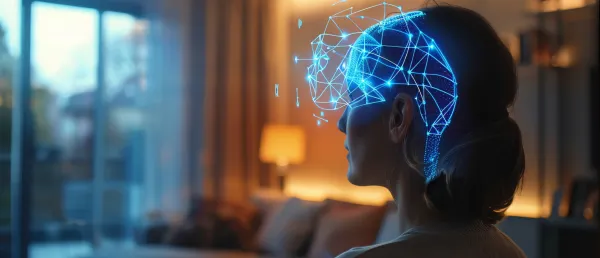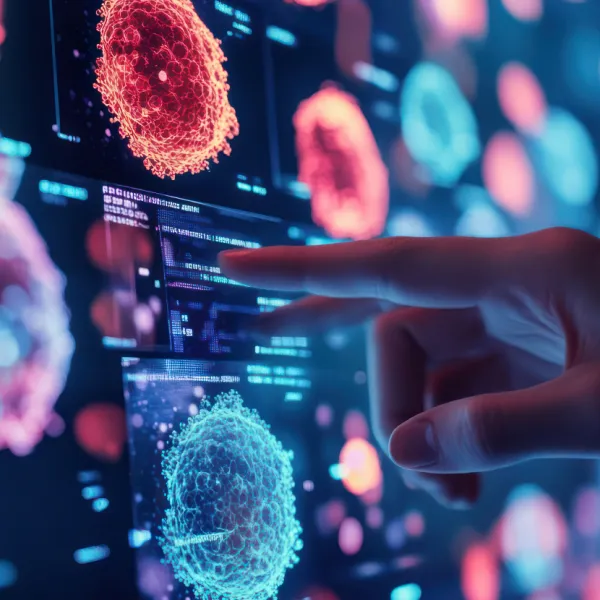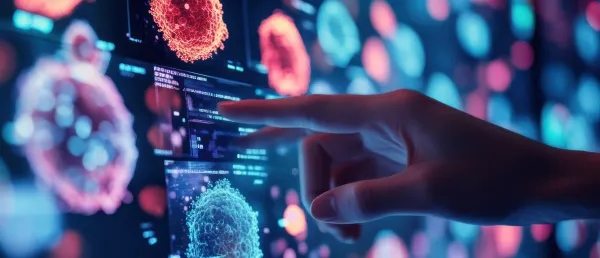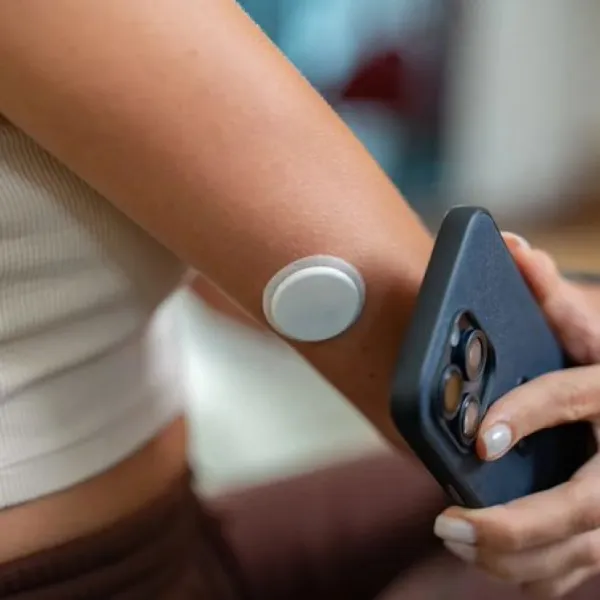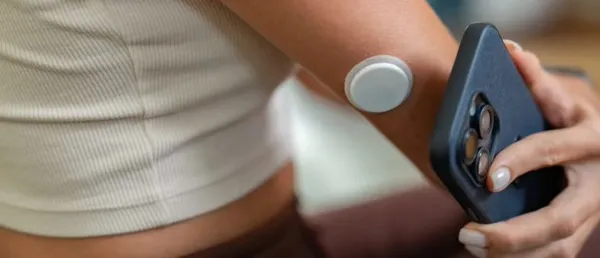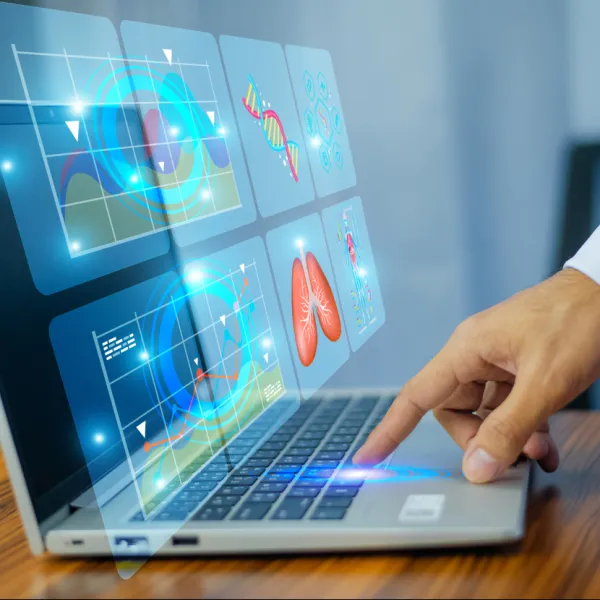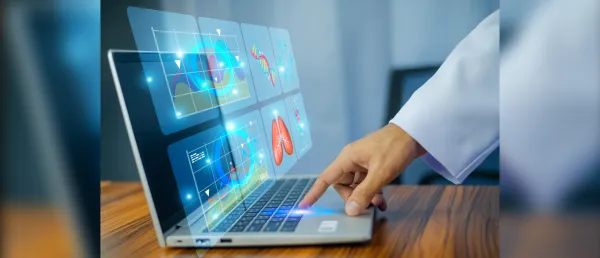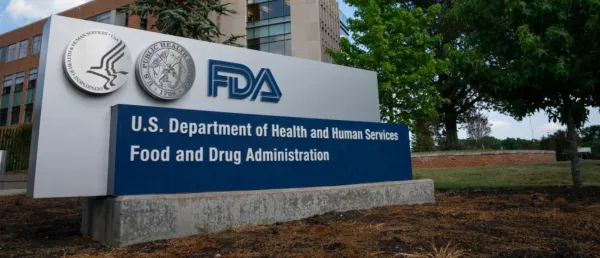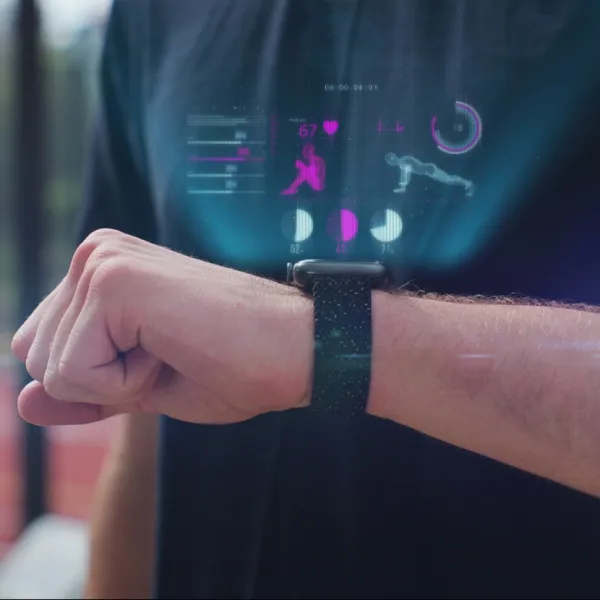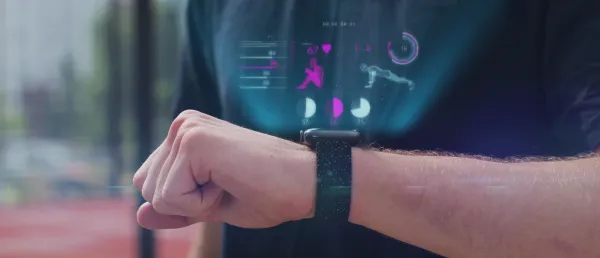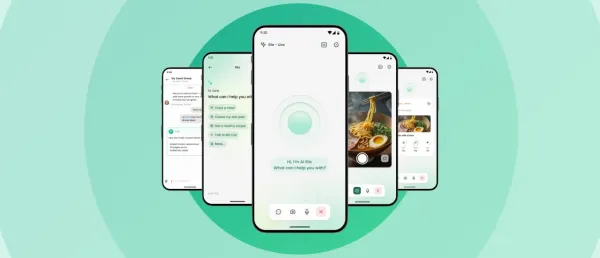RMIT Scientists’ AI Tool Can Detect Stroke Using Facial Recognition

The study involved video recordings of facial expressions from 14 stroke patients and 11 healthy individuals. The AI analyzed these videos to detect changes in facial symmetry.
Australian researchers have developed a new smartphone application that uses AI to analyze facial symmetry and muscle movements, detecting strokes with an accuracy rate of 82%.
The research team, led by Guilherme Camargo de Oliveira from the Royal Melbourne Institute of Technology (RMIT), Australia, highlighted the significance of facial muscle asymmetry in stroke detection.
“One of the key parameters that affect people with stroke is that their facial muscles typically become unilateral, so one side of the face behaves differently from the other side of the face. We've got the AI tools and the image processing tools that can detect whether there is any change in the asymmetry of the smile -- that is the key to detection in our case,” de Oliveira explained.
The findings were published in the journal “Computer Methods and Programs in Biomedicine.”
Research Findings
The study involved video recordings of facial expressions from 14 stroke patients and 11 healthy individuals. The AI analyzed these videos to detect changes in facial symmetry.
Furthermore, the researchers emphasized the importance of early stroke detection. Timely treatment can significantly reduce the risk of long-term disability and save lives.
While the app is not a replacement for comprehensive clinical diagnostics, it can help identify those needing immediate medical attention much sooner.
Addressing Diagnostic Challenges
Stroke diagnosis can be challenging, especially in non-ideal conditions including home or remote areas.
Prof Dinesh Kumar, the corresponding author from RMIT, highlighted the gaps in current stroke diagnosis practices.
“Studies indicate that nearly 13% of strokes are missed in emergency departments and at community hospitals, while 65% of patients without a documented neurological examination experience undiagnosed stroke,” Prof Kumar stated.
According to him, this rate can be even higher in smaller regional centers. Given that many strokes occur at home and initial care is often provided by first responders in non-ideal conditions.
“There is an urgent need for real-time, user-friendly diagnostic tools,” he added.
The app’s potential for early stroke detection could make it a vital tool for healthcare providers, particularly in emergencies where every second counts.
Moreover, the ability to quickly identify a stroke and administer timely treatment could improve patient outcomes and reduce the burden on healthcare systems.
Stay tuned for more such updates on Digital Health News






